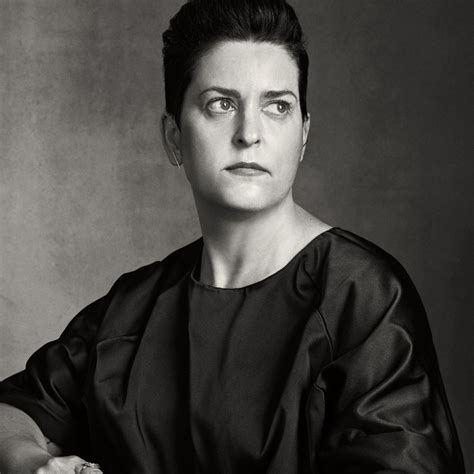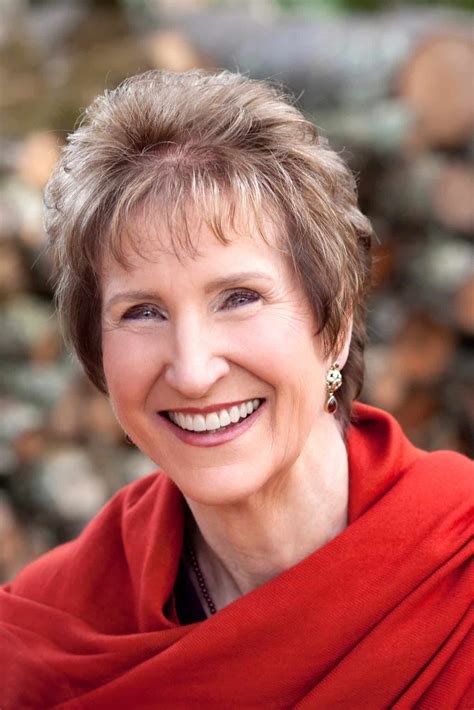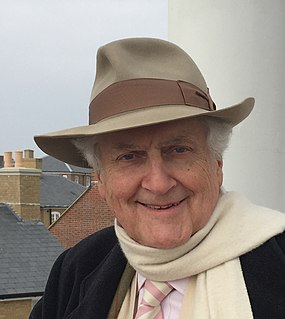A Quote by Charlotte Cotton
Every time you enter a space, you are on public display. Nothing is private.
Related Quotes
There is nothing mysterious about space-time. Every speck of matter, every idea, is a space-time event. We cannot experience anything or conceive of anything that exists outside of space-time. Just as experience precedes all awareness and creative expression, the visual language of our photographs should ever more strongly express the fourth dimensional structure of the real world.
[Persons] who are recognized as citizens in any one state of the Union [have] the right to enter every other state, whenever they pleased... full liberty of speech in public and in private upon all subjects upon which its own citizens might meet; to hold public meetings upon political affairs, and to keep and carry arms wherever they went.
Rome tolerated every abominable practice, embraced every foul idea in the name of freedom and the rights of the common man. Citizens no longer carried on deviant behavior in private, but pridefully displayed it in public. It was those with moral values who could no longer freely walk in a public park without having to witness a revolting display. What happened to the public censors who protected the majority of citizenry from moral decadence? Did freedom have to mean abolishing common decency? Did freedom mean anyone could do anything they wanted anytime they wanted, without consequences?
All buildings, large or small, public or private, have a public face, a facade; they therefore, without exception, have a positive or negative effect on the quality of the public realm, enriching or impoverishing it in a lasting and radical manner. The architecture of the city and public space is a matter of common concern to the same degree as laws and language—they are the foundation of civility and civilisation.
Every day I have spent in Uganda has been beautifully overwhelming; everywhere I have looked, raw, filthy, human need and brokenness have been on display, begging for someone to meet them, fix them. And even though I realize I cannot always mend or meet, I can enter in. I can enter into someone's pain and sit with them and know. This is Jesus. Not that He apologizes for the hard and the hurt, but that he enters in, He comes with us to the hard places. And so I continue to enter.































